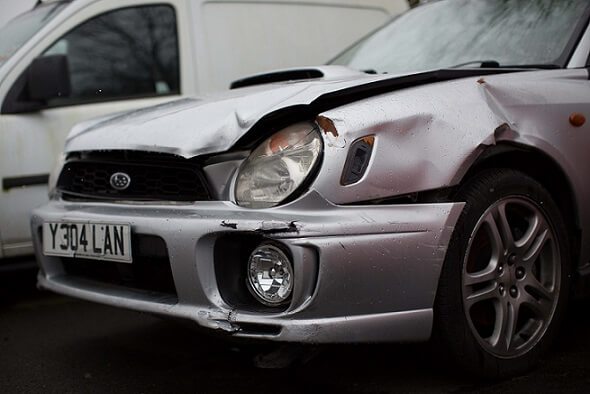Reading through your motor trade insurance policy wording might not be at the top of your bucket list, at times it can be confusing and frustrating – but it’s important that you do.
Having a good understanding of what’s included in your insurance policy can give you peace of mind that your needs are covered and prevents any nasty shocks. Your policy wording will give you some of the information you might need in the event of a claim or accident.
JARGON BUSTER
We want to make sure reading your insurance policy wording is as straightforward as possible. Hopefully, this jargon buster is able to help. For further definitions and terms see your insurance policy wording.
Indemnity Limit: is the maximum amount your insurer will payout in case of a claim.
Indemnify: to compensate for loss or damage.
Motor Insurance Database: a register of all vehicles and the identity of the relevant insurer
Policyholder: the person or persons/business in whose name the insurance policy is held
Liability: your civil legal responsibilities.
Claimant: the persons/business making a claim against your insurance policy.
Step back scale: outlines the scale used to reduce your no claims discount in the event of a fault claim
Fault Claim: an accident where you are at fault or your insurer has not been able to recover all sums they have paid
Settlement: the amount your insurer will pay to repair or replace the vehicle.
WHAT YOU SHOULD EXPECT TO SEE IN YOUR MOTOR TRADE INSURANCE POLICY WORDING
Insurance policies differ between insurers, but there are a few things that you should expect to see in your policy wording.
GENERAL DEFINITIONS AND INTERPRETATIONS
You should find a section with definitions and interpretations of keywords or terms in the document.
INFORMATION ABOUT YOUR RESPONSIBILITIES AND THE MID
This section will contain information about your responsibilities in keeping the MID informed of any vehicles that you’ve bought or sold. You’ll also be given information on how to supply updates to the MID. Remember it is very important to update the MID when buying and selling vehicles. It is a legal requirement and failing to do so can affect your insurance and also cause issues should a claim be made on a vehicle that’s registered incorrectly.
‘IN THE EVENT OF AN ACCIDENT’ INFORMATION

In the unfortunate event of an accident, this is the section you should come to. Here you will find all the information you will need in the event of damage to the vehicle, including damage or loss caused by fire or theft and also what to do in the event of a claim.
LIABILITY TO THIRD PARTIES
Here you should expect to find information about who your insurer will compensate in the case of an accident. On this page, there are also details about legal defence and damages to third party property.
You can also find exclusions, conditions and limitations here.
OTHER INFORMATION
Other information that you might find in your motor trade policy can include details for the use of:
- trailers and towage
- travel abroad and the conditions you must follow
- demonstrations
CLAIMS PROCEDURE
Your policy wording will give you all the information you’ll need in case a claim has been made or if you’ve been involved in an incident which could lead to a claim, including:
- how to send a claim notification to your insurer
- when to send a claim notification
- what will happen if your vehicle is lost or damaged beyond economical repair
GENERAL CONDITIONS
Also, you should find a general conditions page this will highlight any other conditions that have not been given in other sections of the document.
On top of this, you should find information about who we share our information with.
The General Conditions will also highlight that if there have been any changes in circumstance you must make your insurance adviser aware.
NO CLAIMS DISCOUNT (NCD)
The No Claims Discount section gives you information about how NCD works and different step back scales.
CANCELLATIONS
You should also find information about cancelling your policy. This will let you know the steps your insurer will take if they cancel or if you cancel your policy.
COMPLAINTS PROCEDURE
If you wish to make a complaint all the information can be found in this section.

Hopefully, this guide has helped give you a better understanding of what you should expect to see when you are reading your policy wording.







